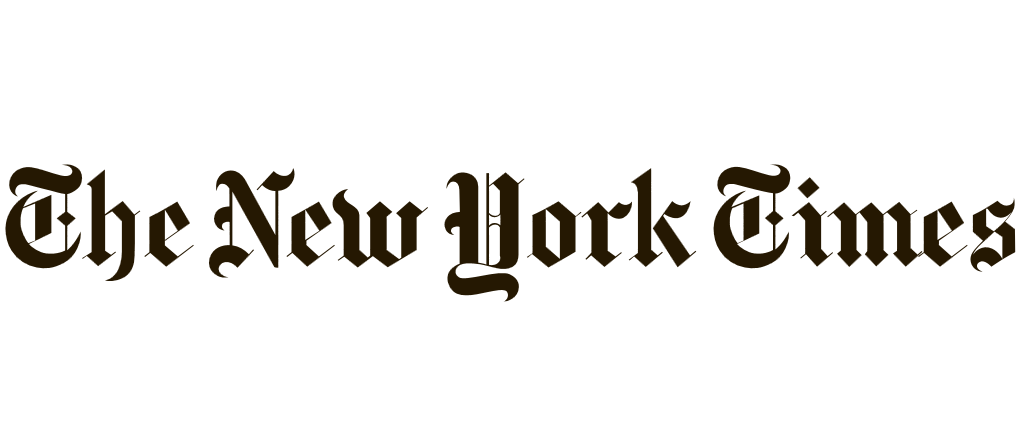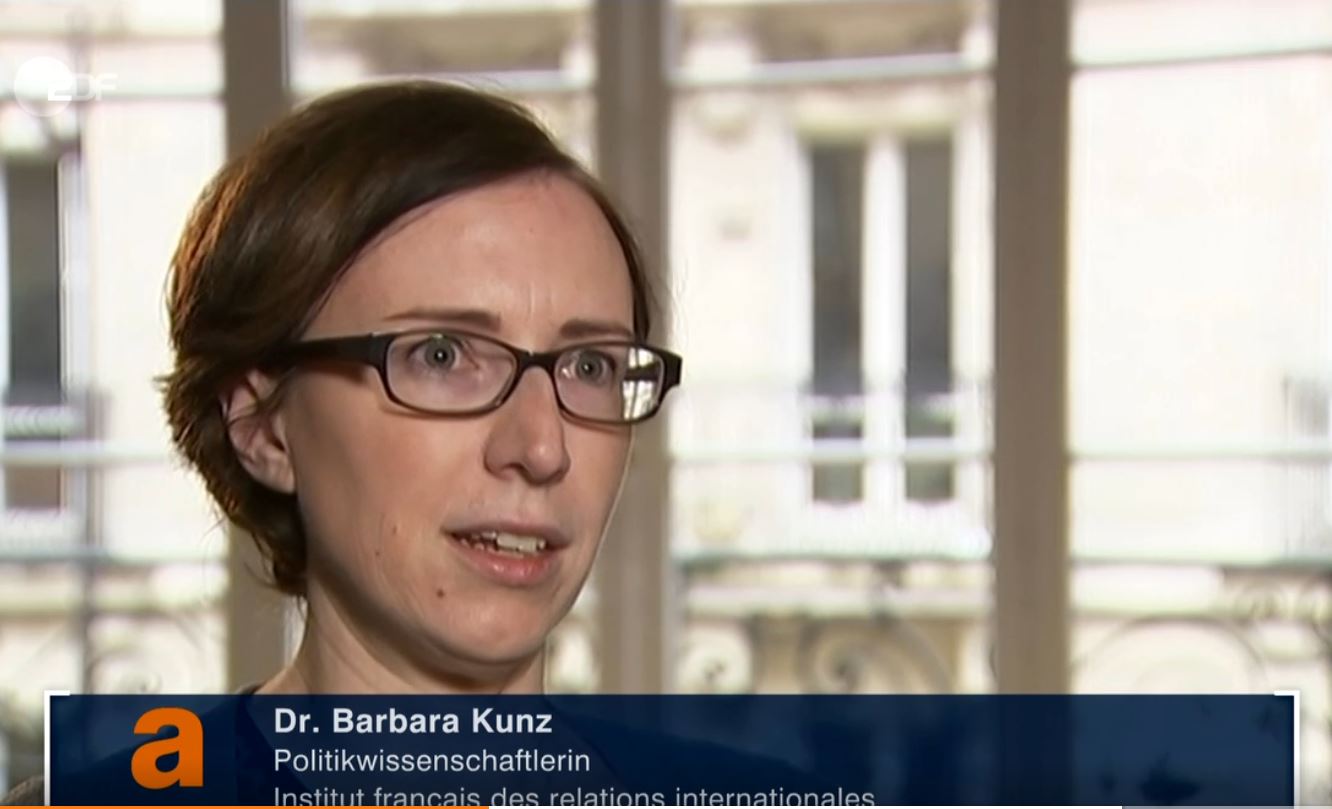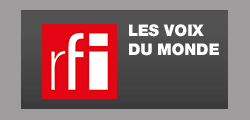Elections
The electoral process sets the pace for democratic life and international news. In some countries, elections are no more than a façade for democracy.



Allies Fear Trump Is Eroding America’s Moral Authority
PARIS — When the State Department released its annual human rights report last week, it contained many of the usual tough American judgments of other countries. Iran was criticized for restricting freedom of religion and the media; Russia for discriminating against minorities; Eritrea for using torture; Bulgaria for violence against migrants and asylum seekers. The list went on.

AfD and National Front converge ahead of elections
The right-wing spiral of Germany’s anti-EU Alternative für Deutschland party (AfD) has brought it shoulder to shoulder with France’s National Front (NF). The two parties see eye-to-eye on a number of issues, including Russia.
Siloviki: What Influence on Russia's Domestic and Foreign Policy?
3 questions to Mark GALEOTTI, Senior Researcher at the Institute of International Relations Prague, Director of Mayak Intelligence consultancy.


Does Merkel want to regain popularity at the expense of Europe?
Angela Merkel loosing the elections in Germany could be one of the many electoral suprises in 2017. Surveys on voting intentions for the legislative elections in September show that her opponent Martin Schulz (social-democrat) has started overtaking her.


Emmanuel Macron aide blames Russia for hacking attempts
Russia watchers say Moscow is deploying considerable resources to swing the French election.


The fight for the Elysée ...and for Europe
On Germanys second channel, ZDF, Barbara Kunz enlarges upon the French presidential election in May.


What future for the German social democracy?
Martin Schulz will be the SPDs candidate for the general elections in 2017, facing the CDUs Angela Merkel. Could his arrival threaten the Chancellor and reinvigorate a rather dull looking SPD?


Will Angela Merkel have to pursue a major policy shift?
What political future for the German Chancellor Angela Merkel after a year characterised by the New Years incident in Cologne and the attack in Berlin?


Angela Merkel, ready for a fourth mandate?
The chancellor has launched the battle for the legislative elections. In front of the 1000 delegates of her party (CDU), Angela Merkel was firm on immigration in order to counter the populist right.
What evolution of US-Russia relationship after Trump’s election? A Russian point of view
3 questions to Andrey KORTUNOV, Director General of the Russian International Affairs Council (RIAC).
Support independent French research
Ifri, a foundation recognized as being of public utility, relies largely on private donors – companies and individuals – to guarantee its sustainability and intellectual independence. Through their funding, donors help maintain the Institute's position among the world's leading think tanks. By benefiting from an internationally recognized network and expertise, donors refine their understanding of geopolitical risk and its consequences on global politics and the economy. In 2025, Ifri supports more than 80 French and foreign companies and organizations.







